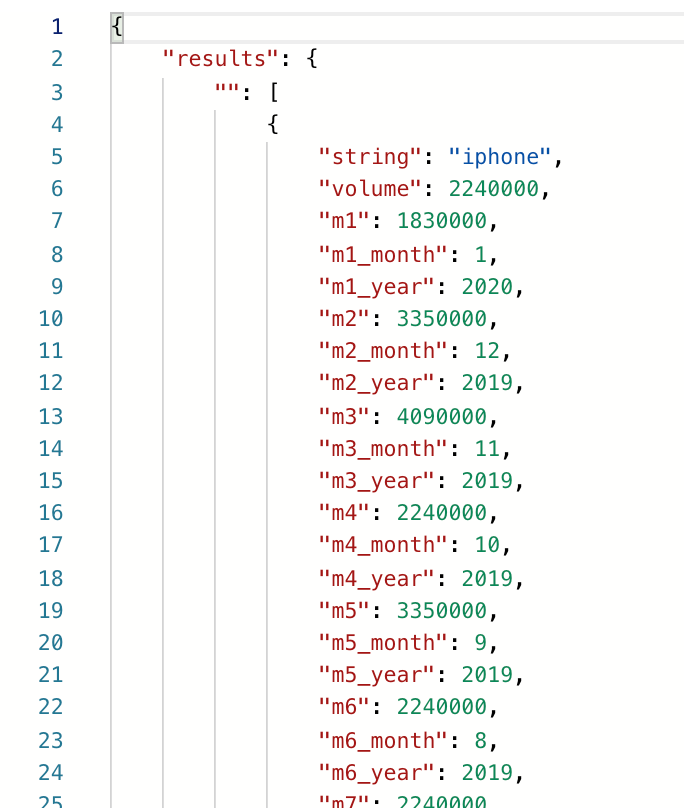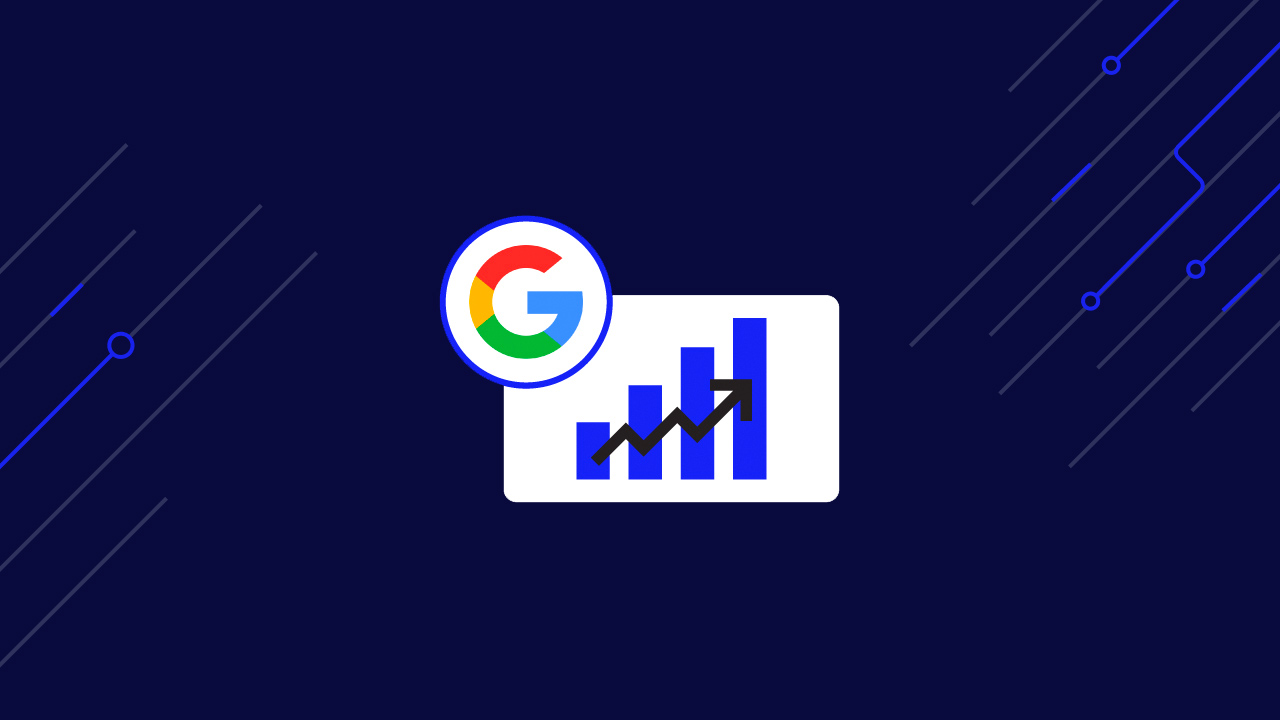Unlocking The Power Of API Keyword Rankings: A Comprehensive Guide
In today's digital landscape, understanding API keyword rankings is essential for businesses and marketers aiming to dominate search engine results. As search engine algorithms continue to evolve, leveraging APIs for keyword tracking has become a game-changer. This article dives deep into the world of API keyword rankings, providing actionable insights and strategies to enhance your SEO efforts.
As search engines like Google become increasingly sophisticated, businesses must adapt their strategies to stay competitive. API keyword rankings offer a powerful solution by providing real-time data and analytics that help you monitor and optimize your SEO performance.
In this comprehensive guide, we will explore the fundamentals of API keyword rankings, their importance in SEO, and how to effectively implement them in your digital marketing strategy. Whether you're a beginner or an experienced SEO professional, this article has something valuable for everyone.
Read also:Robin Dearden Movies A Journey Through Her Cinematic Legacy
Table of Contents
- Introduction to API Keyword Rankings
- Why API Keyword Rankings Matter
- Types of API Keyword Tools
- How to Choose the Right API Tool
- Integrating API Keyword Tracking
- Measuring API Keyword Performance
- Common Mistakes to Avoid
- Best Practices for API Keyword Rankings
- Case Studies: Success Stories
- Future of API Keyword Rankings
Introduction to API Keyword Rankings
API keyword rankings refer to the use of application programming interfaces (APIs) to track and analyze the performance of specific keywords in search engine results. This technology allows businesses to monitor their rankings in real-time, providing valuable insights into their SEO strategies.
With the increasing complexity of search algorithms, relying solely on manual tracking methods is no longer sufficient. APIs offer a scalable and automated solution that ensures businesses stay ahead of the competition.
Benefits of Using APIs for Keyword Rankings
Some of the key benefits of incorporating API keyword rankings into your SEO strategy include:
- Real-time data access
- Automated tracking and reporting
- Integration with existing tools
- Enhanced accuracy and reliability
Why API Keyword Rankings Matter
In the world of digital marketing, understanding why API keyword rankings matter is crucial for long-term success. These rankings directly impact your visibility in search engine results, influencing organic traffic and conversions.
Search engines like Google use complex algorithms to determine the relevance and authority of websites. By leveraging API keyword rankings, businesses can identify opportunities for improvement and optimize their content accordingly.
Impact on SEO Performance
API keyword rankings play a vital role in shaping SEO performance by:
Read also:Akwifina A Rising Star In The World Of Entertainment
- Identifying high-performing keywords
- Highlighting areas for improvement
- Providing actionable insights for content optimization
Types of API Keyword Tools
There are various types of API keyword tools available in the market, each catering to different needs and budgets. Some popular options include:
Semrush
Semrush offers a comprehensive suite of tools for keyword research and tracking. Its API integration allows businesses to access real-time data and analytics, making it an ideal choice for large-scale campaigns.
Ahrefs
Ahrefs is another powerful tool for API keyword rankings, providing detailed insights into keyword performance and competitor analysis. Its user-friendly interface and robust features make it a favorite among SEO professionals.
Google Search Console
While not a traditional API tool, Google Search Console offers valuable data on keyword rankings and search performance. Integrating this tool with other APIs can enhance your overall SEO strategy.
How to Choose the Right API Tool
Selecting the right API keyword tool depends on several factors, including your business goals, budget, and technical expertise. Consider the following when making your decision:
- Data accuracy and reliability
- Integration capabilities with existing tools
- Scalability for future growth
- Customer support and resources
Evaluating Tool Features
When evaluating API keyword tools, pay attention to features such as:
- Real-time data updates
- Customizable dashboards
- Advanced reporting options
Integrating API Keyword Tracking
Once you've chosen the right API tool, the next step is to integrate it into your existing systems. This process involves setting up API keys, configuring settings, and ensuring seamless communication between platforms.
Steps for Integration
Follow these steps to successfully integrate API keyword tracking:
- Create an account with your chosen API tool
- Generate API keys for secure access
- Configure settings to match your business needs
- Test the integration to ensure proper functionality
Measuring API Keyword Performance
Effectively measuring API keyword performance requires setting clear goals and KPIs. By tracking metrics such as ranking improvements, traffic growth, and conversion rates, businesses can assess the success of their SEO strategies.
Key Metrics to Monitor
Some essential metrics to monitor when using API keyword rankings include:
- Keyword position changes
- Organic traffic growth
- Conversion rate improvements
Common Mistakes to Avoid
While API keyword rankings offer numerous benefits, there are common mistakes businesses should avoid to maximize their effectiveness. These include:
- Ignoring long-tail keywords
- Over-reliance on a single tool
- Failing to update strategies regularly
Preventing Mistakes
To prevent these mistakes, businesses should:
- Conduct regular audits of their keyword strategies
- Explore multiple tools and platforms
- Stay updated on the latest SEO trends and best practices
Best Practices for API Keyword Rankings
Implementing best practices for API keyword rankings can significantly enhance your SEO efforts. Some recommended practices include:
- Focus on quality over quantity
- Regularly update and refresh content
- Monitor competitor performance
Optimizing Content
To optimize content for API keyword rankings, consider the following tips:
- Use a mix of short-tail and long-tail keywords
- Incorporate keywords naturally into content
- Ensure content is relevant and valuable to users
Case Studies: Success Stories
Many businesses have achieved remarkable success by leveraging API keyword rankings. For example, a mid-sized e-commerce company increased its organic traffic by 40% after implementing API keyword tracking and optimization strategies.
Learning from Success Stories
By studying these success stories, businesses can gain valuable insights into effective API keyword ranking strategies. Key takeaways include:
- Consistent monitoring and analysis
- Adaptability to changing trends
- Focus on user experience
Future of API Keyword Rankings
As technology continues to evolve, the future of API keyword rankings looks promising. Advancements in artificial intelligence and machine learning are expected to enhance the accuracy and efficiency of API tools, providing even greater value to businesses.
Trends to Watch
Some emerging trends in API keyword rankings include:
- Increased use of AI-driven analytics
- Greater emphasis on voice search optimization
- Integration with emerging platforms and technologies
Conclusion
In conclusion, API keyword rankings are an essential component of modern SEO strategies. By understanding their importance, selecting the right tools, and implementing best practices, businesses can achieve significant improvements in their search engine performance.
We encourage readers to take action by exploring API keyword tools and incorporating them into their digital marketing strategies. Share your thoughts and experiences in the comments below, and don't forget to explore other valuable resources on our website.

